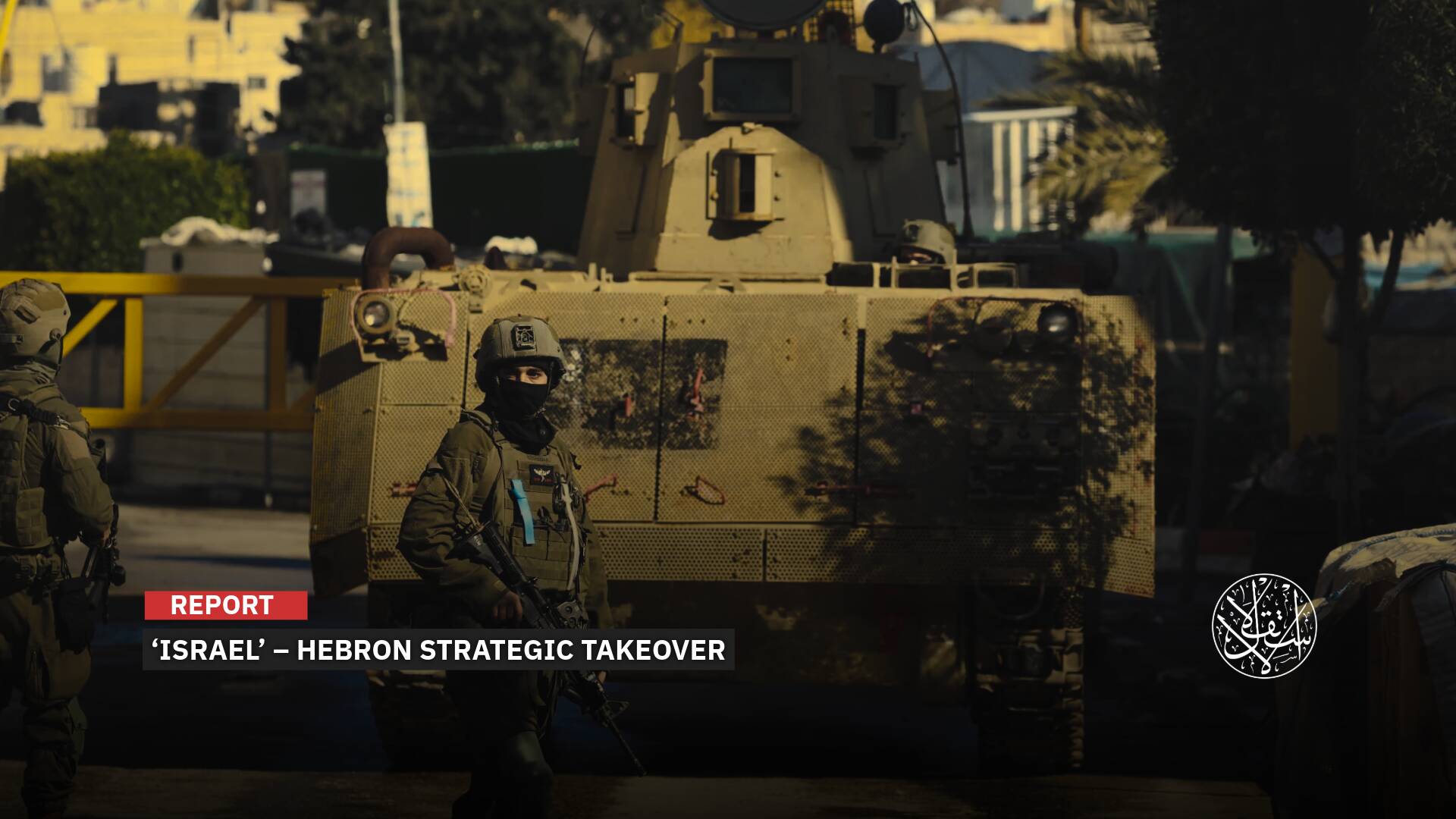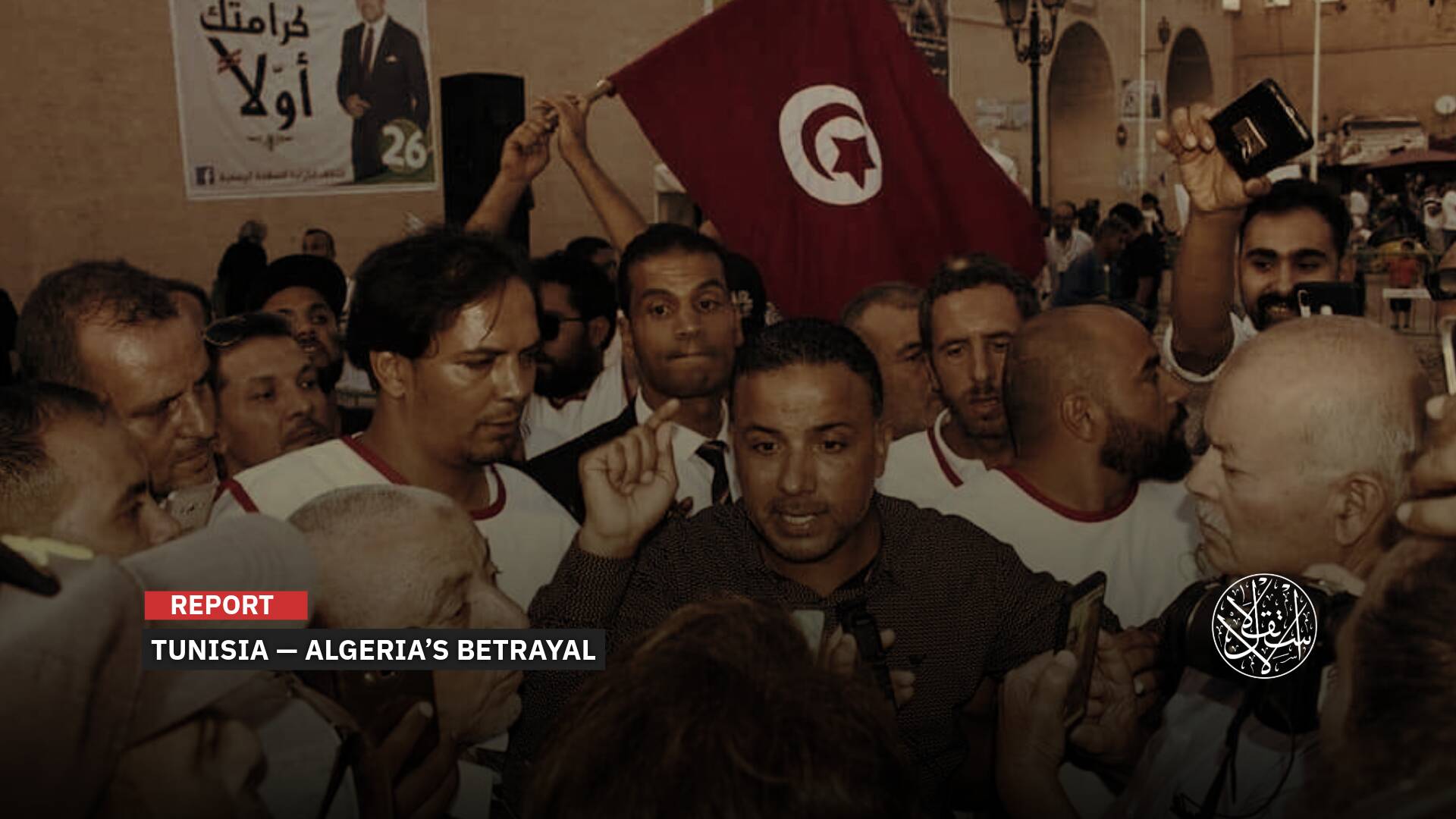Strategic Shift or Tactical Move: What Challenges and Opportunities Facing Turkish-Kurdish Peace?

“Erdogan warned of possible attempts to disrupt the peace initiative.”
The Kurdistan Workers' Party (PKK) founder and leader Abdullah Ocalan, who has been serving a life sentence in Turkiye for 26 years, recently called on his group to abandon the armed struggle and turn to peaceful political action, in a move that is expected to have wide-ranging repercussions in the region.
Addressing his party's leaders, Ocalan said: “All groups must lay down their weapons, and the PKK must dissolve itself. I bear historical responsibility for this call.”
Masses of Kurds in Turkiye's eastern and southeastern states took to the streets immediately after Ocalan's call was announced, rejoicing over it and supporting the achievement of peace, solidarity and democracy.
Ocalan’s call is considered a historic shift in the party's path, but some see it as an attempt to gain a new political role, according to understandings with the Turkish government.
It is yet to be seen what, if any, concessions Ankara is willing to make to the PKK or Turkiye’s Kurds in return.
Historical Call
In a quick response to its leader's call to end a four-decade conflict with the Turkish state, the PKK announced an immediate ceasefire and its readiness to hold a conference to decide the fate of Ocalan's call.
He stressed the need to create a safe environment for the success of the upcoming conference, and the need for Ocalan to personally participate in the proposed conference and the political process.
In turn, Turkish President Recep Tayyip Erdogan welcomed the call, considering it a historic opportunity to achieve peace.
However, he warned the following day that his country would resume operations against the PKK if the disarmament process of the group was halted or if promises were not fulfilled.
Justice and Development Party's Spokesman Omer Celik called for the dissolution of all factions linked to the PKK in Syria and Iraq, including the People's Protection Units (YPG) and the Democratic Union Party (PYD).
On the international level, the White House welcomed Ocalan, expressing its belief that this development will help bring peace to this troubled region.
In contrast, the Turkish opposition has shown apprehension and doubts about the government's intentions and purposes in moving with Ocalan.
CHP leader Ozgur Ozel welcomed Ocalan's call, describing it as an important step towards Turkiye's exit from its tragedies, provided that all conditions that help in this are met, most importantly actual democracy and social peace.
However, he stressed that the CHP will not allow any authority, position or party to exploit society's demands for peace and democracy to achieve its own political goals.
The Democracy and Progress Party, headed by Ali Babacan, and the Future Party, headed by Ahmet Davutoglu, also welcomed Ocalan's call, and considered any call to end terrorism and lay down arms in light of the circumstances the region is going through to be a positive call.
On the other hand, the nationalist Good and Victory parties expressed their rejection of the steps taken with Ocalan, and considered it an attempt by Erdogan to prolong his position at the helm of Turkish politics.
It is noteworthy that the issue of resolving the Kurdish issue began to move with the launch of an initiative by Erdogan’s coalition partner, Nationalist Movement Party leader Devlet Bahceli, on October 22, 2024, in which he demanded that Ocalan issue an order through parliament for PKK militants to lay down their weapons and declare the end of terrorism in Turkiye.
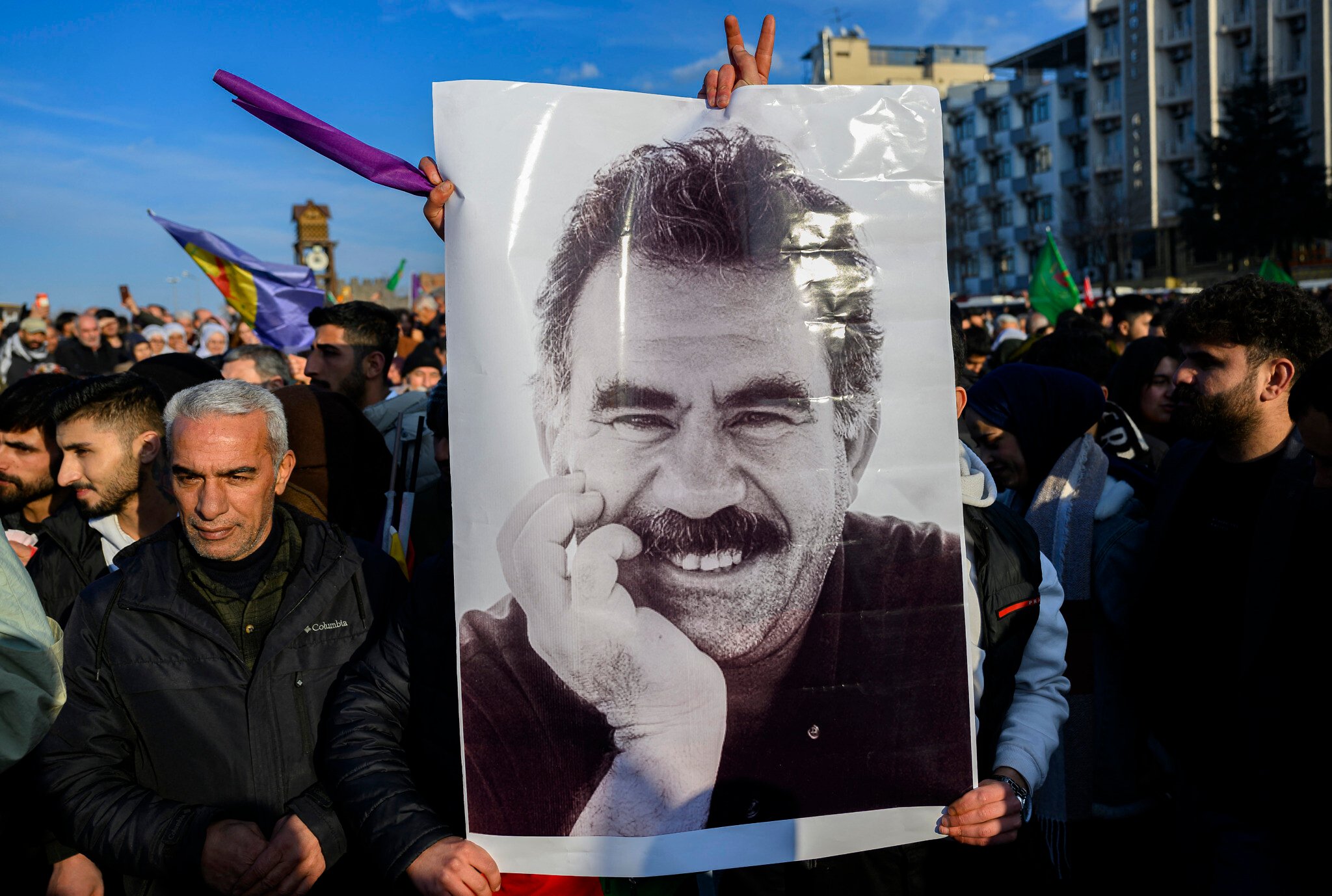
Direct Impact
Turkish intelligence sources expected that the PKK would hold its general conference to declare its dissolution and lay down its weapons, within two weeks, in response to the call of its leader.
If the leadership of the PKK actually responds to Ocalan's call, this could constitute a historic shift in the course of the Kurdish issue, and pave the way for a comprehensive agreement with Turkiye.
This scenario could lead to the political integration of Kurds within the Turkish state, and perhaps open the way for internal reforms that grant Kurds broader political and cultural rights.
However, the challenges of implementation remain significant, as it requires international guarantees and serious political measures by Ankara to convince the armed Kurdish factions to abandon military action and engage in political solutions.
If the PKK leadership, especially its military wing in the Qandil Mountains, rejects Ocalan’s call, divisions within the party may deepen, potentially leading to the emergence of new Kurdish movements that adopt a more hardline approach.
This scenario could have a direct impact on the future of the conflict in Turkiye, Syria, and Iraq, as the armed Kurdish factions will continue to face military pressure from Ankara, with no clear prospects for a political settlement.
Moreover, regional and international powers may benefit from the continued divisions within the Kurdish movement, complicating the political and security landscape in the region.
Observers believe that Ankara is likely to use Ocalan’s call as evidence of the PKK’s division to justify further military operations against Kurdish factions that refuse to lay down their arms, whether inside Turkiye or in northern Syria and Iraq.
Turkish President Erdogan has threatened to crush the PKK militants and their extensions inside and outside Turkiye if the promises made are not fulfilled.
On its part, the SDF and its administrative and political arms were quick to deny any connection to Ocalan’s call for PKK fighters to lay down their arms, considering that the matter concerns Turkiye alone.
In turn, Salih Muslim, leader of the PYD, the Syrian wing of the PKK, confirmed that they are ready to abandon armed action if they are allowed to engage in political action, which effectively means making Ankara the party responsible for the next step.
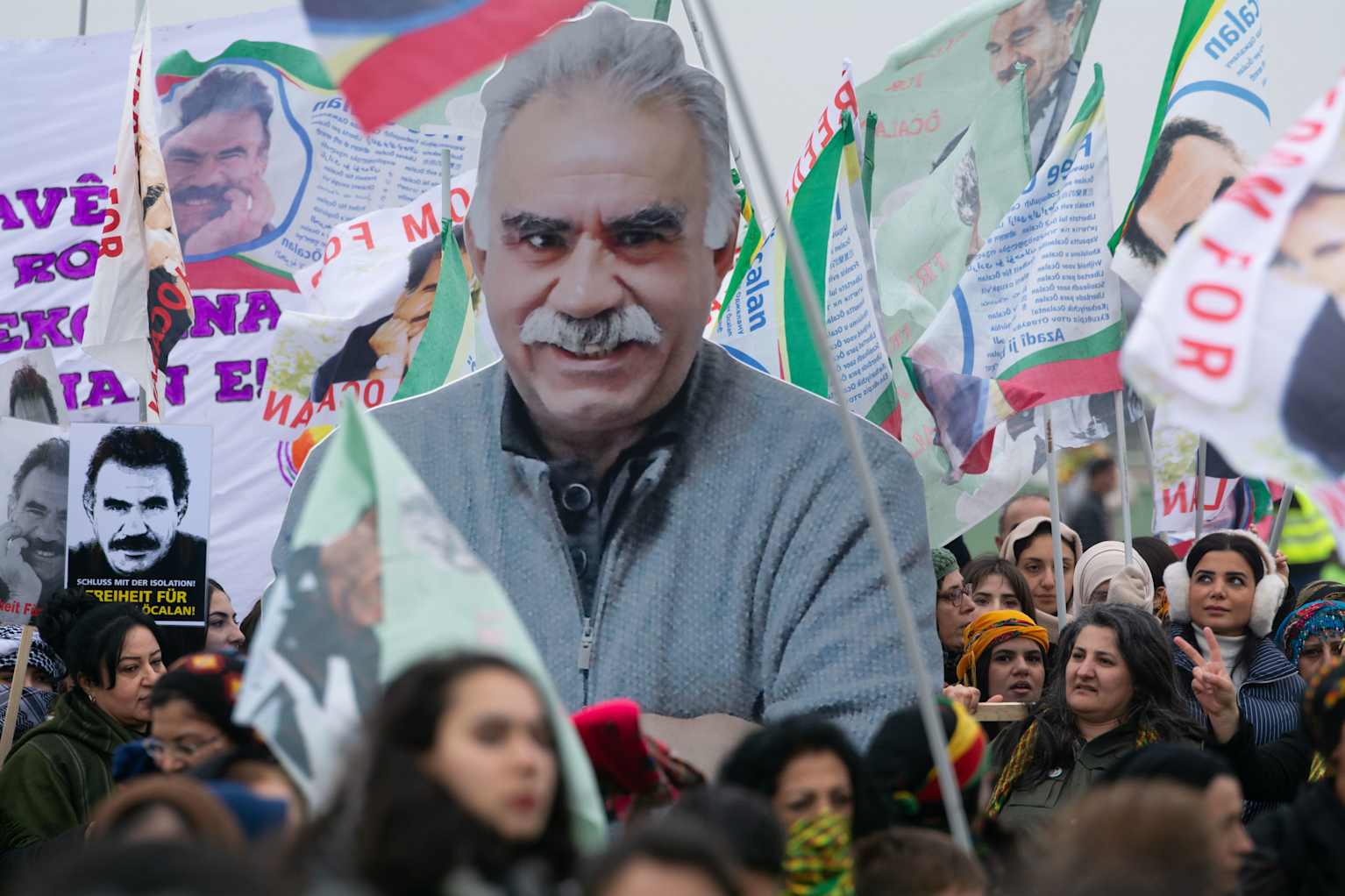
Political Maneuver
The PKK was founded in 1978 and is considered a terrorist organization by Turkiye, the United States and the European Union.
It launched an armed insurgency against Ankara in 1984 to establish a Kurdish state, a conflict that has left more than 40,000 people dead since 1984.
Ocalan has made two previous calls for a truce, in the early 2000s and again in 2013, but they failed, paving the way for renewed violence.
Boris James, a French historian specializing in Kurdish affairs, believes that when “Ocalan talks about the self-dissolution of the PKK, he does not at all involve the people who are in Qandil.”
“There is a major difference between Ocalan's call for peace and its realization,” agrees Hamish Kinnear, an analyst for Verisk Maplecroft.
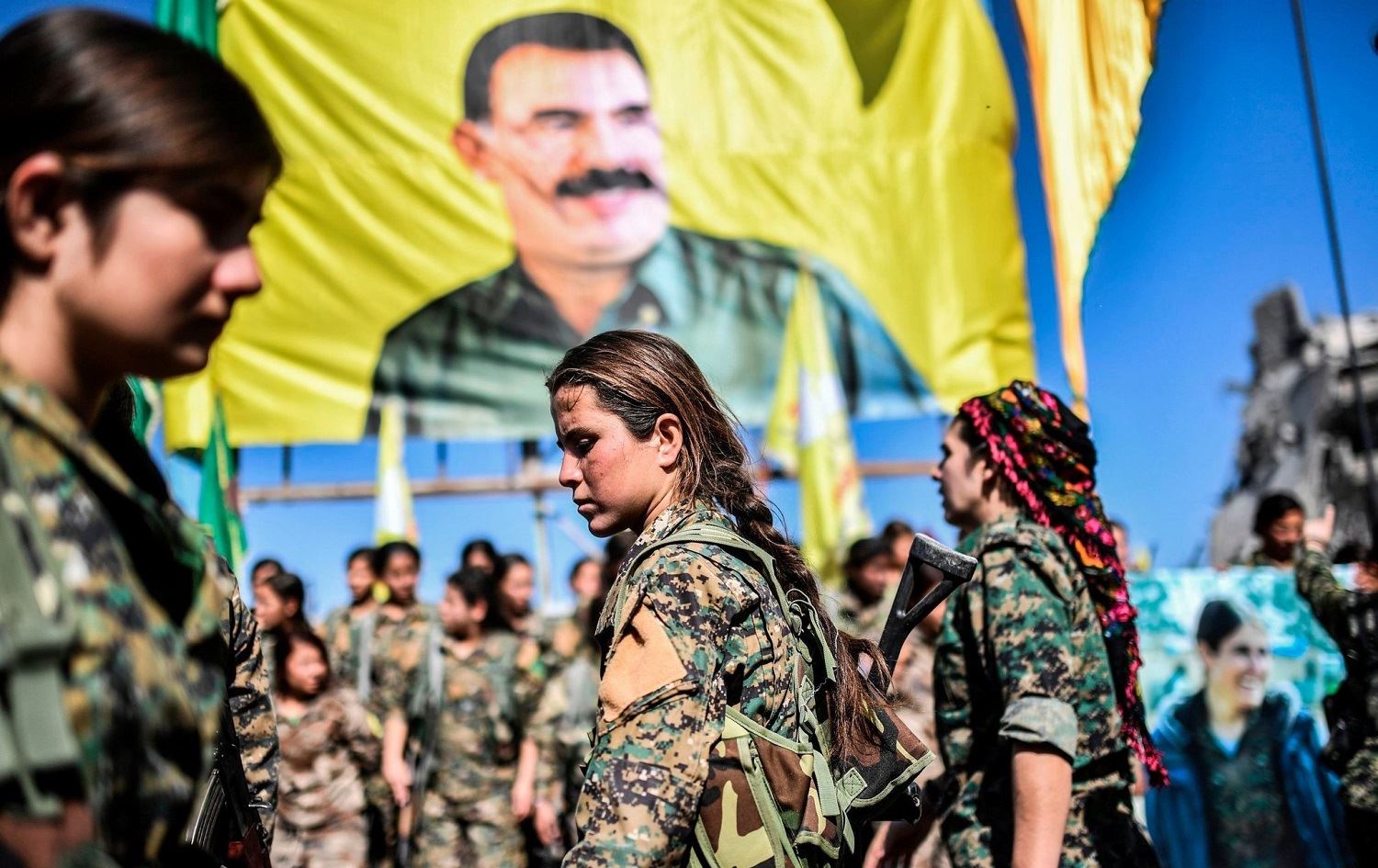
In turn, political analyst Mahmoud Alloush explained in a statement to Al-Estiklal that “Ocalan’s call will either open the door to a real peace process between the Turkish state and the Kurds, and all the conditions agreed upon by both parties will be implemented, or it will be a maneuver by the PKK to strengthen its political and strategic position, which is weakening on the ground.”
He also pointed out that “the PKK has been greatly weakened militarily inside Turkiye as a result of the operations carried out by the Turkish forces, but the real message in Ocalan’s call was targeting the leaders of the Qandil Mountains and the SDF, which have received US support throughout a decade of war against ISIS.”
Mr. Alloush expected that the SDF would not give up its weapons, adding that it would bet on the time factor, hoping that regional changes or international understandings would occur that might be in its favor, giving it a greater opportunity to impose itself as an independent political and military actor.
Sources
- Kurdish PKK militants declare a ceasefire in 40-year insurgency in Turkey
- The impact of the PKK leader’s call to disarm will depend on how regional power balances unfold
- Will PKK leader Ocalan’s call for group to dissolve end Turkiye conflict?
- In major shift, Kurdish PKK founder urges group to disarm, end conflict with Turkey





